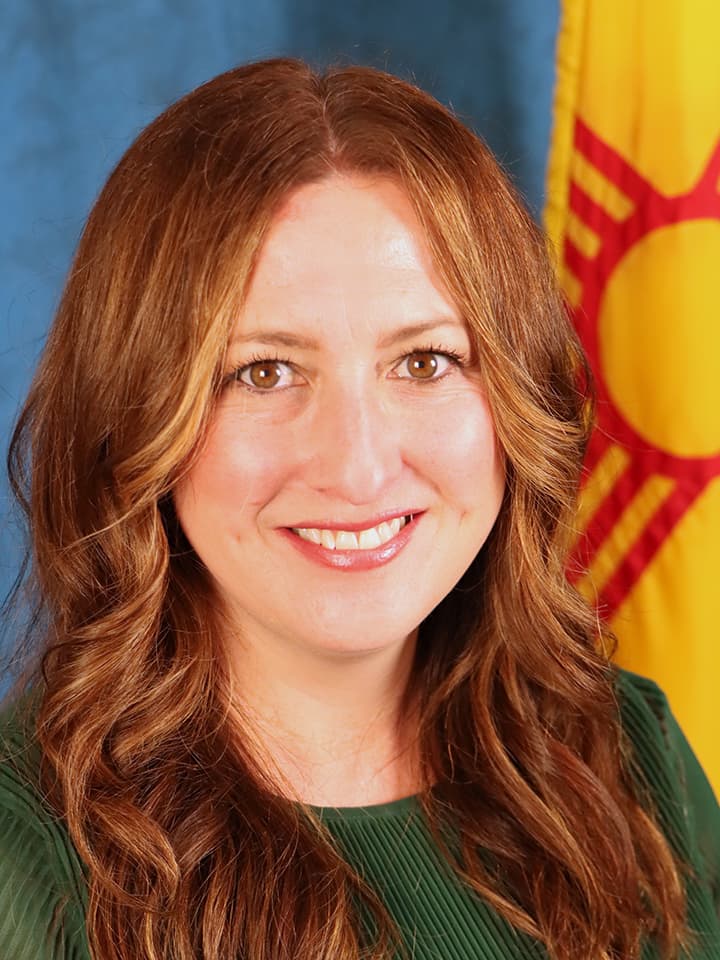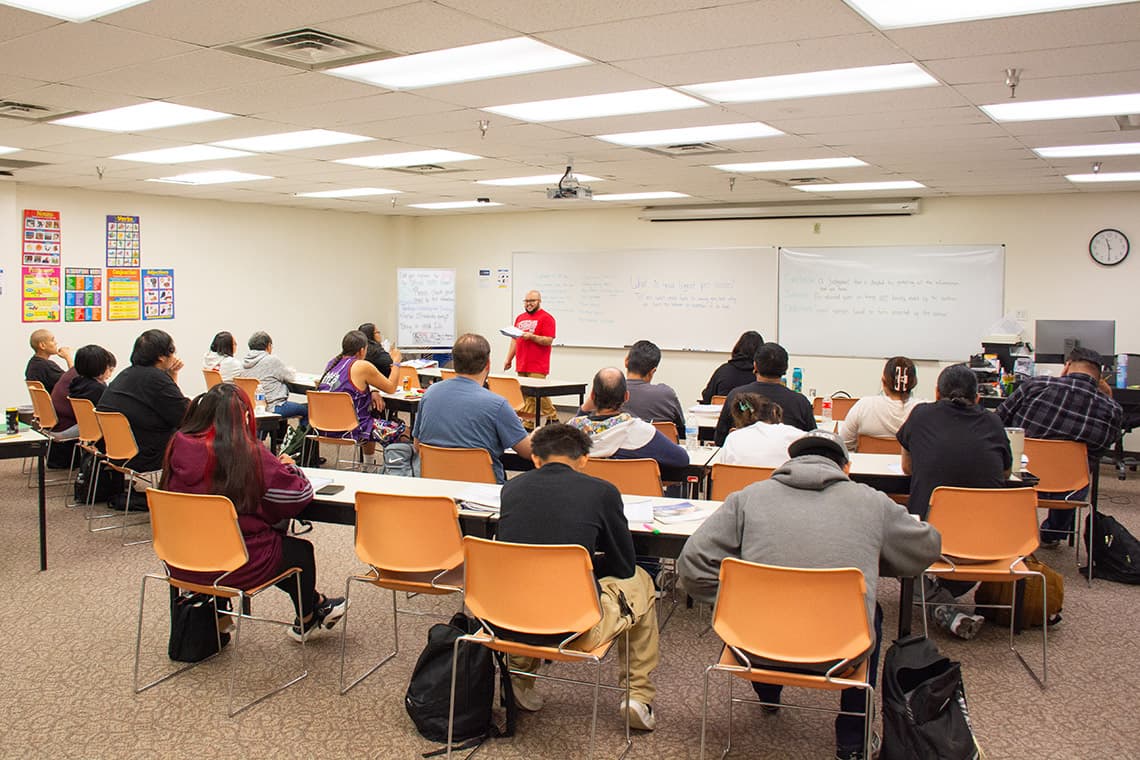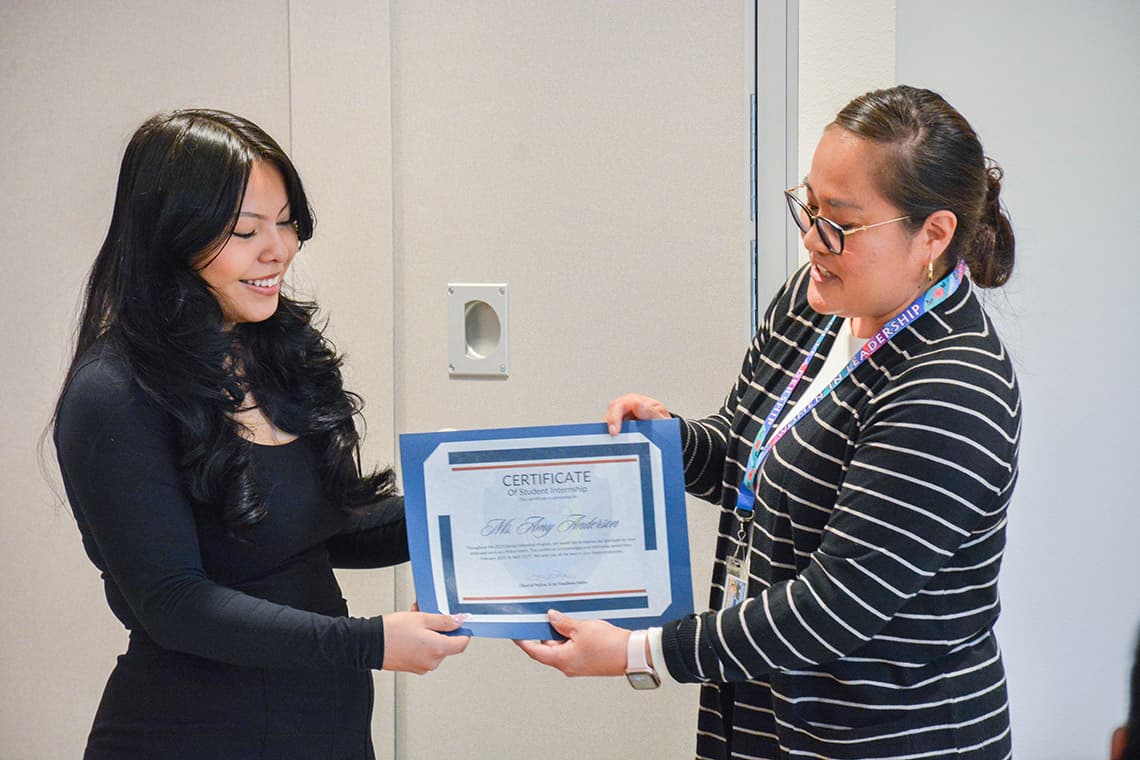Revised Martinez Yazzie Plan Adds Accountability, Targets Equity in Schools
The New Mexico Public Education Department submitted an updated Martinez Yazzie Action Plan to the court on Nov. 3 that adds clearer outcomes and accountability measures, and expands supports for Native American students, English learners, students with disabilities, and economically disadvantaged students. The revisions matter to McKinley County because they establish new tools and collaboration commitments that could change how funding, training, and programs are implemented and monitored locally.
Listen to Article
Click play to generate audio

The New Mexico Public Education Department filed a revised Martinez Yazzie Action Plan with the court on Nov. 3, updating the state response to the landmark education equity litigation. The revised plan adopts more specific performance targets and new accountability measures informed by months of input from students, families, educators, tribal leaders, and community members across the state.
State officials say the update responds directly to feedback gathered through public meetings, listening sessions, a statewide survey, and written comments, with analysis provided by WestEd and the Legislative Education Study Committee. The revised plan expands supports for Native American students, English learners, students with disabilities, and economically disadvantaged students while also strengthening educator training that focuses on cultural and linguistic responsiveness.
Mariana D. Padilla, Secretary of Public Education, framed the revisions as community driven, saying, "We listened to what communities told us they need, and this plan reflects those priorities," Mariana D. Padilla, Sec. of Public Education, said. "Every student deserves access to quality education that respects their culture and language."
Key elements of the update include clearer outcomes and performance measures to track progress, stronger collaboration frameworks between the department, school districts, tribal governments, higher education institutions, state agencies, and community organizations, and an online accountability and transparency tool. The online tool is designed to cross reference funding, program implementation and student outcomes for the specified student groups, offering a public mechanism for tracking whether promised resources are reaching classrooms and producing results.
For residents of McKinley County the changes carry direct consequences. Local schools serve a substantial population of Native American students and economically disadvantaged students, and the revised plan's more explicit measures could influence how district leaders allocate resources, design professional development, and partner with tribal authorities and regional colleges. The accountability tool could also provide parents, advocates and local officials with clearer data on program spending and outcomes, enabling more informed public engagement and oversight at the school and district levels.
The plan establishes expectations rather than guaranteeing immediate changes, and further steps will depend on court review and the implementation choices of the Public Education Department and local districts. The full revised Martinez Yazzie Action Plan is available at martinezyazzieactionplan.org for community members seeking to review targets, timelines and the new accountability features.
As McKinley County stakeholders examine the document, attention will likely focus on how state commitments translate into classroom practice, how teacher training is expanded, and how coordination with tribal governments affects curriculum and services. The revisions create new points of leverage for local civic engagement and oversight, and they set clearer metrics that residents can use to hold institutions accountable for educational equity.


